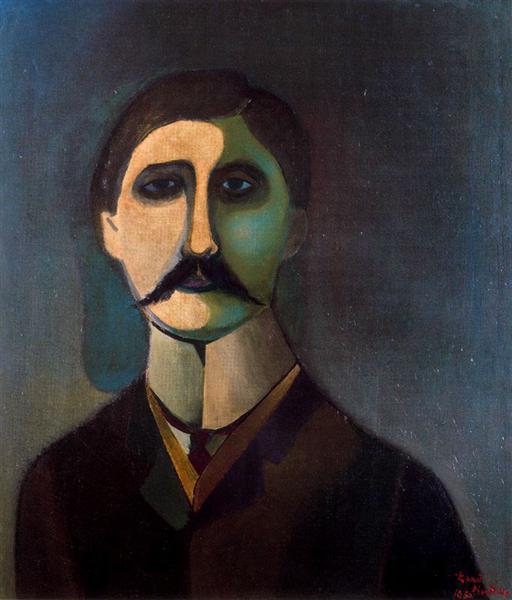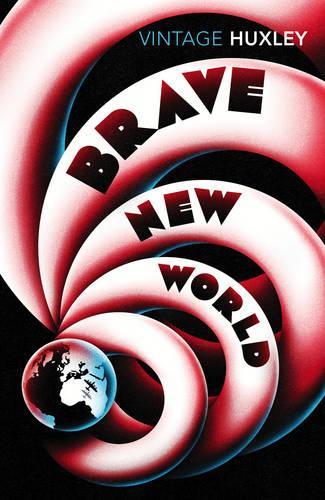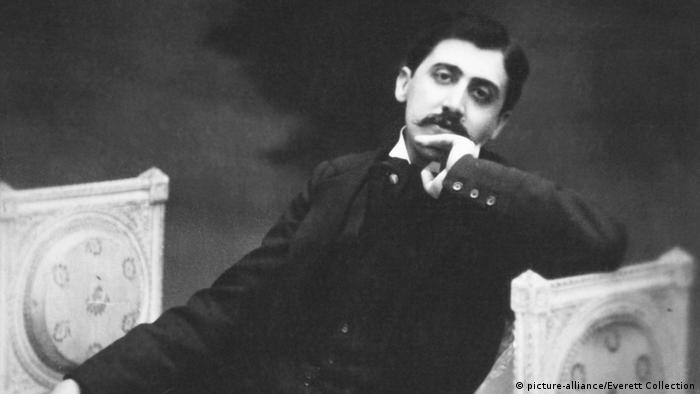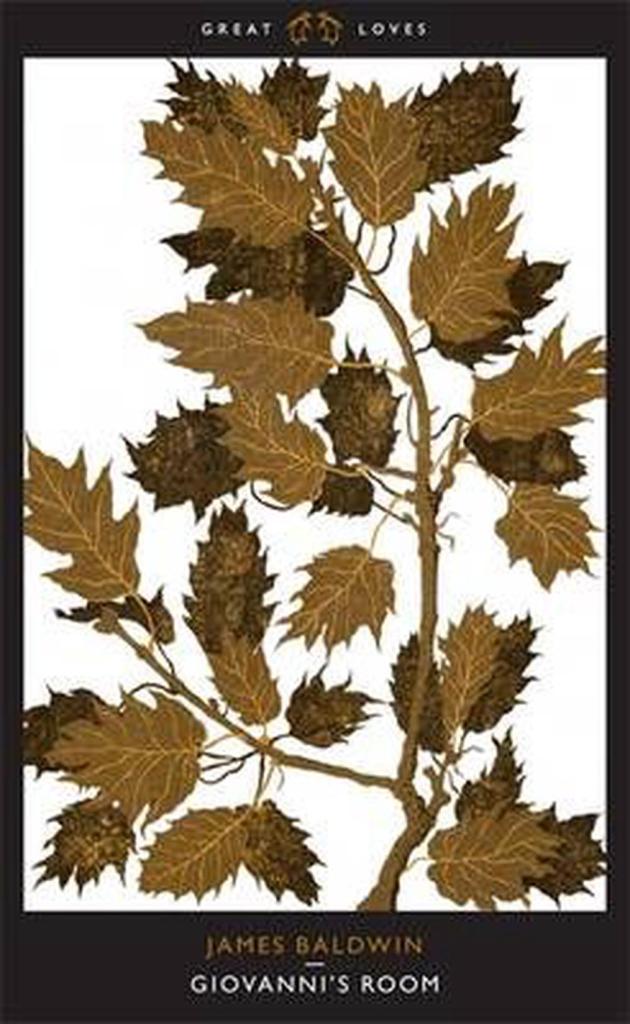Tim Ferriss once said that he had initially avoided meditation for fear it would bliss him out and diminish his drive. In my case, I fear that it’s true.
Continue readingArchive for the Reading Category
Meditation Killed My Motivation
Posted in Observation, Pretensions toward cultural theory, Reading, Real Men, Statement of intention with tags Alain De Botton, Blade Runner, Buddha, How Proust Can Change Your Life, In Search of Lost Time, Luke David, Marcus Aurelius, Nietzsche, Osho, Proust, Roy Batty, Scott Moncrieff, Tim Ferriss on December 1, 2022 by Jarrod BoyleThomas Hardy: Character is Fate in ‘The Mayor of Casterbridge’
Posted in Fiction, Observation, Reading with tags Charles Dickens, David Copperfield, Donald Farfrae, Michael Henchard, Narcissus, Phillip Pirrip, Tess of the D'Urbervilles, The Mayor of Casterbridge, Thomas Hardy on May 31, 2022 by Jarrod Boyle‘Character is fate, said Novalis, and Farfrae’s character was just the reverse of Henchard’s, who might not be inaptly described as Faust has been described – as a vehement gloomy being who had quitted the ways of vulgar men without light to guide him on a better way.’
Thomas Hardy,
The Mayor of Casterbridge,
P. 131
While reading The Mayor of Casterbridge this morning, I saw something that I did not like: myself.
Continue readingBrave New World: Beware the Philosopher
Posted in Observation, Pretensions toward cultural theory, Reading with tags 1984, Aldous Huxley, Artificial intelligence, Brave New World, George Orwell, Yuval Noah Harari on December 26, 2021 by Jarrod Boyle“I think Brave New World is the best science fiction book ever, definitely the most prescient. Huxley was writing in the early 1930’s with Stalin and Hitler around, but what he was envisioning was our present.
Continue readingIn Search of Lost Time
Posted in Reading, Real Men with tags Alain De Botton, How Proust Can Change Your Life, In Search of Lost Time, Leo Tolstoy, Marcel Proust, Rodney Hall, War and Peace on November 14, 2021 by Jarrod BoyleIn Search of Lost Time
Posted in Reading, Real Men with tags Alain De Botton, How Proust Can Change Your Life, In Search of Lost Time, Leo Tolstoy, Marcel Proust, Rodney Hall, War and Peace on November 9, 2021 by Jarrod Boyle
1.
I finished reading In Search of Lost Time a few weeks ago, and now it’s over, there is a peculiar Proust-shaped hole in my life.
Continue reading‘Ashes in Your Mouth’: Spending Time in Giovanni’s Room.
Posted in Pretensions toward cultural theory, Reading on February 7, 2021 by Jarrod Boyle“You think,” [Jacques] persisted, “That my life is shameful because my encounters are. And they are. But you should ask yourself why they are.”
“Why are they – shameful?”
“Because there is no affection in them, and no joy. It’s like putting an electric plug in a dead socket. Touch, but no contact. All touch, but no contact and no light.”
“I asked him, ‘Why?”
“That you must ask yourself,” he told me, “And perhaps one day this morning will not be ashes in your mouth.”
– James Baldwin, Giovanni’s Room,
P. 49
Continue reading‘Art With Values’.
Posted in Pretensions toward cultural theory, Reading, Real Men, trauma with tags Ajax, Ancient Greece, Bryan Dorries, Drama, Navy SEAL, Sophocles, Sylvia Plath, The Bell Jar, The Rolling Stones, Theater of War, trauma on December 22, 2020 by Jarrod BoyleThere’s a friend of mine, a very successful artist, who I admire very much. I met him twenty years ago when we were working together in a dirty nightclub in South Melbourne; he was collecting glasses and I was bouncing. We both aspired to art, and he hit critical pay-dirt much earlier than I (who am I fooling – I still haven’t got there).
Continue readingJames Salter’s ‘A Sport and a Pastime.’
Posted in Reading with tags D.H.Lawrence, Lady Chatterley's Lover on September 17, 2020 by Jarrod Boyle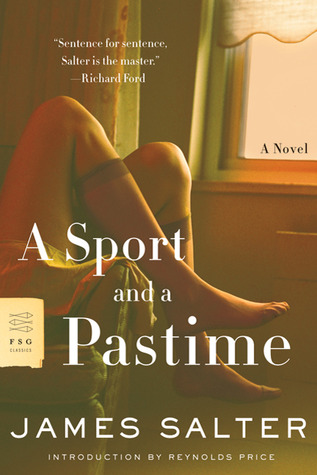
2.
The notion of a relationship becoming deeper and more profound as people begin to ‘transgress’ the boundaries of what a twenty-first century reader would describe as vanilla sex is also a time-worn strategy.
Continue readingJames Salter’s ‘A Sport and a Pastime.’
Posted in Reading with tags A Moveable Feast, A Sport and a Pastime, D.H. Lawrence, Ernest Hemingway, Feminism, James Salter, Lady Chatterley's Lover, Modernism, Paris on September 16, 2020 by Jarrod Boyle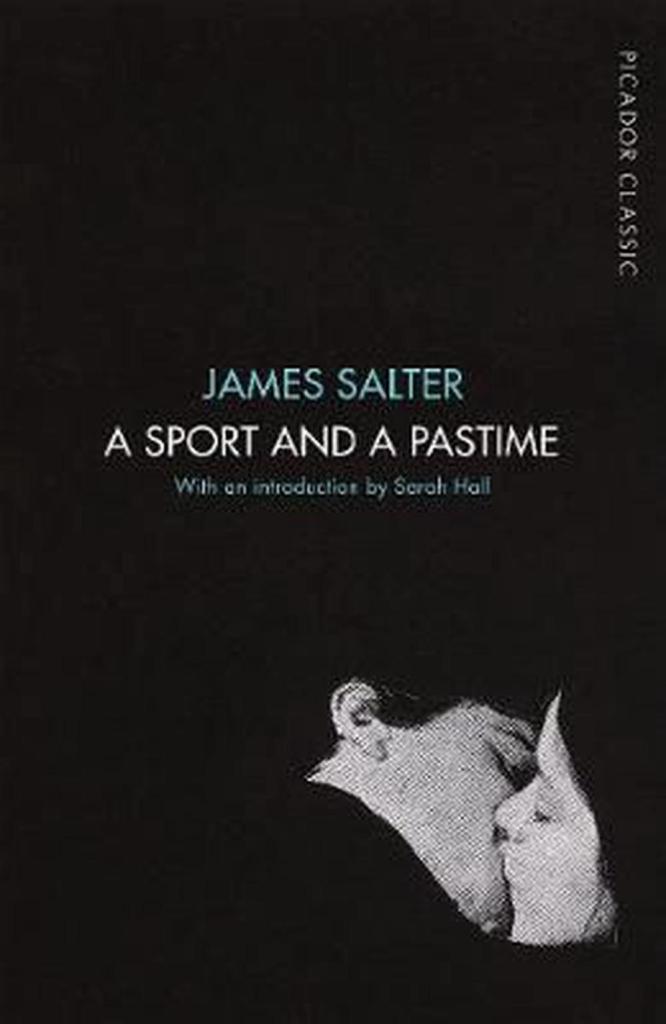
1.
A Sport and a Pastime is considered – by Americans – to be an American classic. My first question, upon finishing the book, is, ‘What makes something a classic? What makes it ‘feel’ like one?’
Continue reading